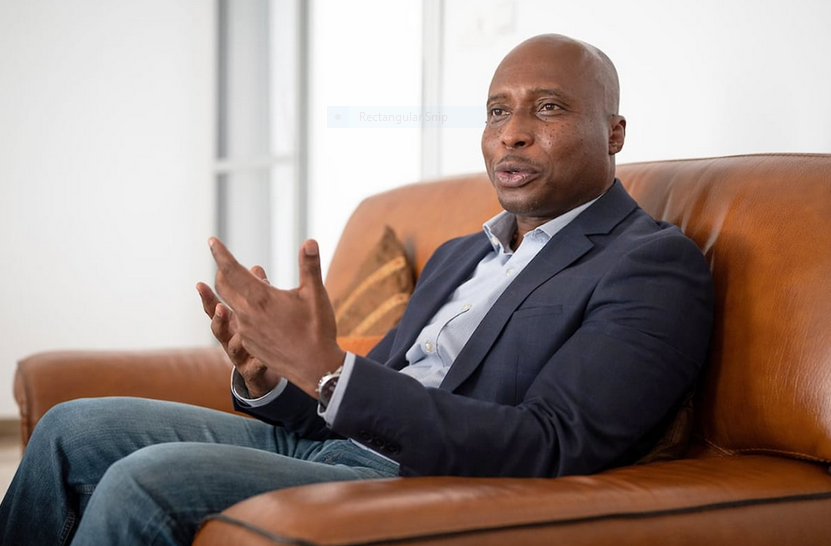
Former Dakar mayor Barthélemy Dias has accused the Senegalese government of orchestrating a politically motivated campaign to oust him from office, describing his dismissal as a “targeted maneuver” aimed at silencing the capital’s voters.
Speaking from his new political headquarters on Monday, Dias reaffirmed his claim to remain the legitimate mayor, insisting that the administration’s decision to remove him undermines the mandate granted by Dakar residents during the 2022 municipal elections.
“This procedure is neither neutral nor administrative, but a targeted operation against me,” he declared.
Dias, once a close ally of Khalifa Sall within the Socialist Party before founding his own movement, Senegal Bi Nu Bokk, has since emerged as a prominent opposition figure, frequently clashing with the central government.
His outspoken criticism has, he argues, made him a target for retaliation, culminating in his dismissal by prefectural decree in December 2024.
While more than 500 municipalities operate across Senegal, Dias contends that only Dakar has faced such “a brutal measure.”
He maintains that no judicial ruling has confirmed the decree and that the matter remains pending before the Supreme Court, the only body he recognizes as having the authority to validate or overturn his removal.
“This is not about a post being taken away; it is about a voice being silenced,” he asserted, urging members of the City Council to stand behind the interim mayor—not to endorse a transition, but to “defend a trampled legitimacy.”
Supporters of Dias describe the December decree as “illegal and rushed,” arguing that it cannot take effect until the Supreme Court delivers its verdict. Dias has warned that organizing a replacement election before a ruling would amount to “legitimizing a disguised coup.”
The row underscores Dakar’s strategic importance, both as a political stronghold and a source of national influence. The city hall has long served as a launchpad for opposition figures, from Khalifa Sall to Pape Diop, and now Dias.
Beyond the personal battle, the dispute has ignited broader debates over decentralization, institutional integrity, and the preservation of voter will. For Dakar’s residents, the conflict is no longer solely about who holds the mayoral seat, but about who truly shapes the city’s—and the nation’s—political future.



